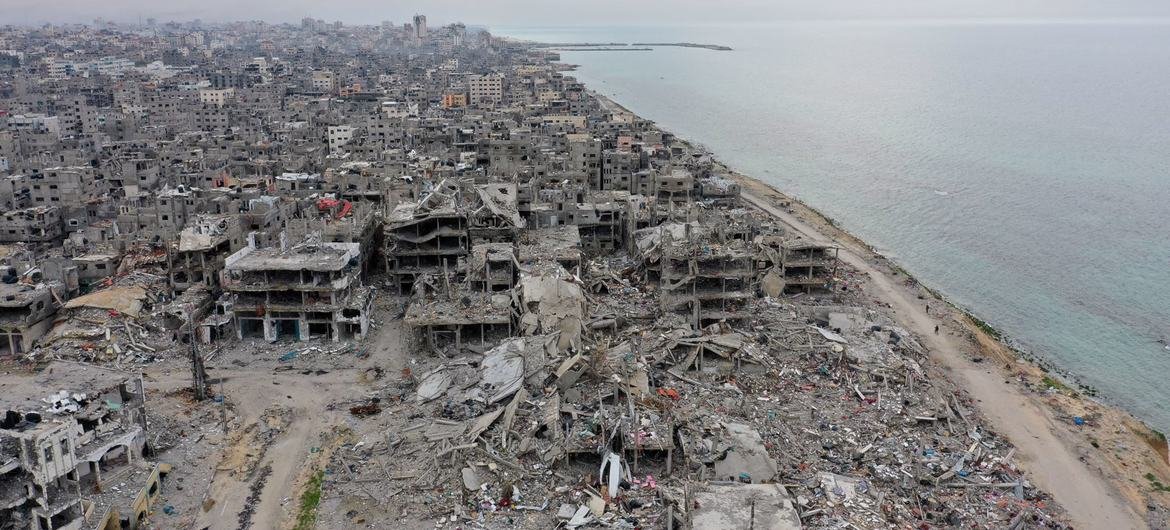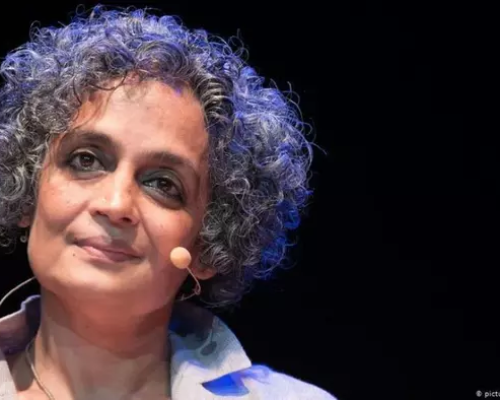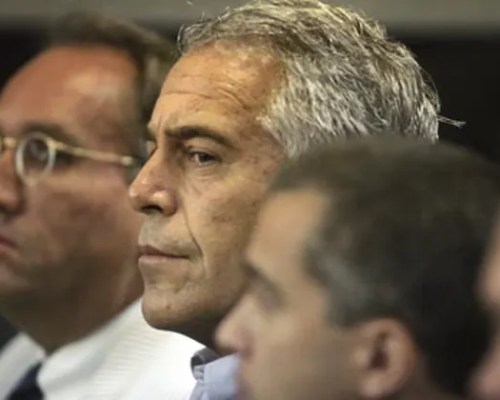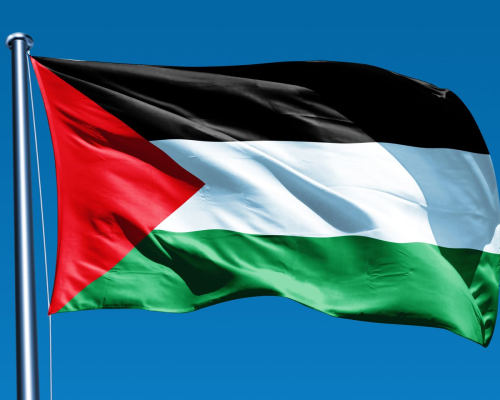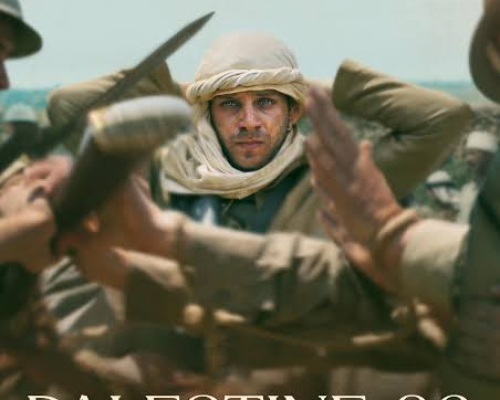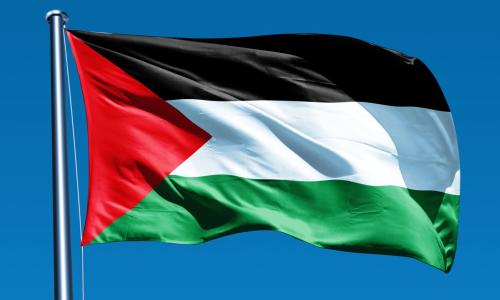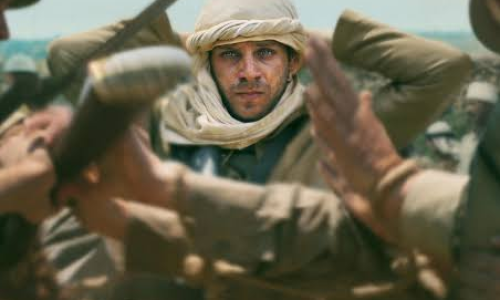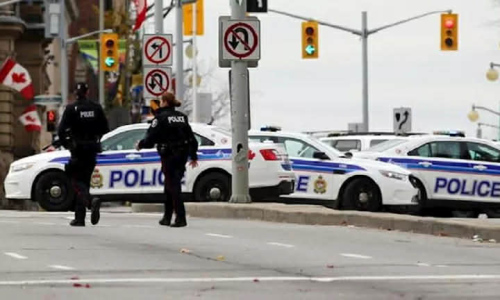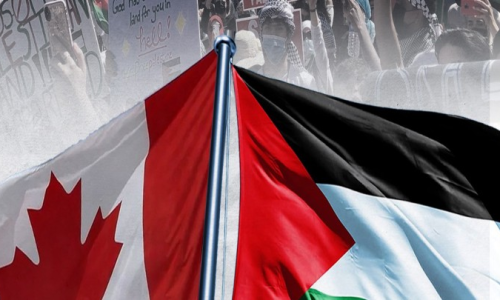By Taghreed Saadeh
In the early hours of October 7, 2023, my friend called me from the United States. It was two o’clock in the morning in Edmonton, where I live. She told me about Hamas’s operation, and I broke down in tears. I wept with sorrow, pain and deep fear.
I followed the news moment by moment. I heard the chants, saw the cheering, and read about the imminent liberation. But I didn’t share in the enthusiasm, I didn’t rejoice. I cried. I knew exactly, as anyone who has witnessed Gaza’s past wars would, what would come next, bombings, massacres, starvation, and systematic destruction. I saw the scenario unfolding again, only this time, it was more brutal and far-reaching.
I kept asking, If the objective conditions surrounding the Palestinian cause haven’t changed, where would liberation come from? What capabilities has Hamas acquired that could suddenly tip the scales in this intractable, decades-long conflict?
I know how the Israeli occupation thinks when a soldier is captured. We saw it with Shalit. We saw how Netanyahu handled the cases of other Israeli prisoners held by Hamas since 2014, refusing to release them, rejecting every proposal and exchange deal.
Some called me pessimistic. Others said I was naive. Some even accused me of betrayal. But I knew exactly where things were headed. I didn’t deceive myself with slogans of victory, I measured this war by the tragedies of the past.
I saw people celebrating the destruction of Israeli tanks, rejoicing over the deaths of Israeli soldiers, as if this were a decisive victory. These scenes spread across social media under the banners of heroism and resistance, while the people of Gaza lived the true catastrophe. They wept for their children who died without food or medicine, for their homes destroyed, for Gaza leveled to the ground. And all the while, this hollow celebration implied that what Hamas had done was somehow more important than the suffering of Gaza’s people.
This dissonance between a false sense of victory and an all-encompassing massacre, against humans, buildings, animals, everything, is an added pain.
I still believe that Hamas should have handed over the file to the Palestinian leadership, or at least to the Arab League, from the very first moment. Not because they don’t represent a part of the people, but because the path was clear, and Hamas had no real room to maneuver, no matter how many concessions it might offer. The facts on the ground allow us to see ahead, if we choose to.
Today, we hear about potential deals. But I ask, in exchange for what? Even if a hundred or a thousand Palestinian prisoners are released, will the martyrs come back? Can we forget the thousands of children who died from hunger and bombing? What joy is there in these releases when Gaza itself has been shattered?
I write while still in daily contact with our people in Gaza. From the very first day, I’ve lived with them through this hell, burning with their tears.
If mistakes were made, even in good faith, there is no shame in admitting it. The shame is in continuing down the same path while the bodies pile up and the pain has no end.
Yet I still believe, with certainty, that Palestine will always come first and last. The struggle will continue, no matter what happens. Long live the free Palestinian people.

